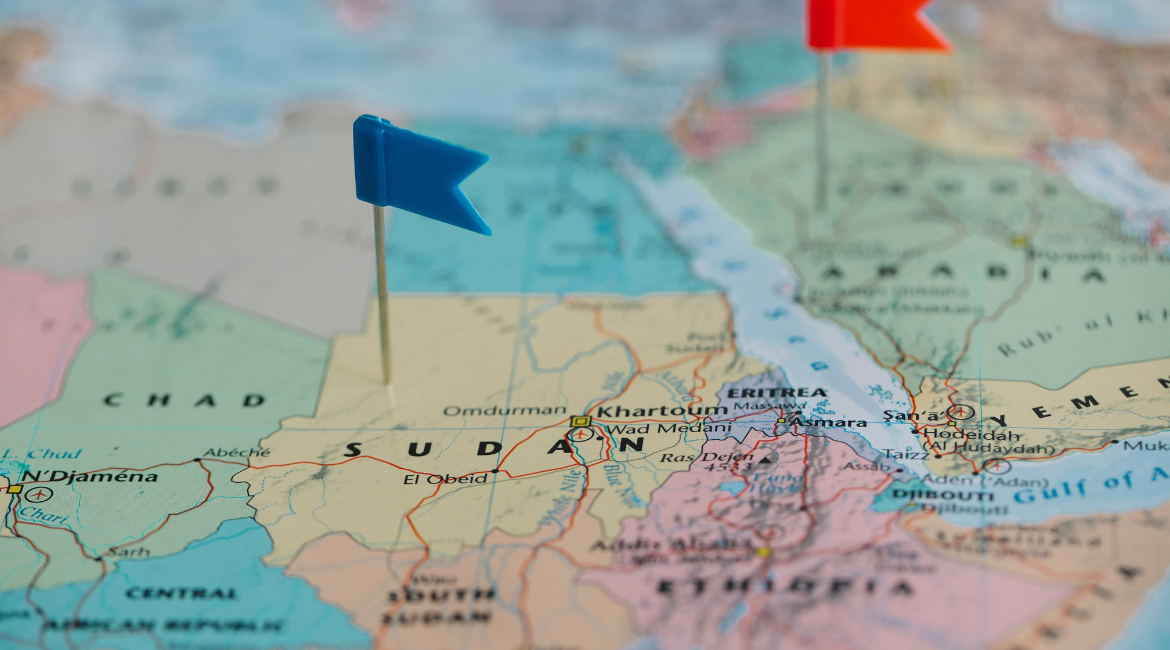India is a land of diverse cultures, crafts, and traditions — and some of its finest products are deeply tied to the places they come from. Whether it’s Darjeeling Tea, Banarasi Sarees, Mysore Silk, or Alphonso Mangoes, these goods don’t just represent commerce — they tell a story of centuries-old heritage and community skill. That’s where Geographical Indications (GIs) come in.
What is a Geographical Indication (GI)?
A Geographical Indication is a sign used on products that have a specific geographical origin and possess qualities, reputation, or characteristics that are essentially due to that place of origin. In India, the Geographical Indications of Goods (Registration and Protection) Act, 1999 governs GI protection.
Why Do GIs Matter?
GIs help communities and artisans:
Protect their traditional knowledge and unique methods
Prevent unauthorized use by counterfeiters or producers elsewhere
Gain recognition in global markets
Earn fair prices and sustain livelihoods
Promote rural development and cultural heritage
How Does GI Protection Work?
Registering a GI gives exclusive rights to the producers of that region to use the name. No one outside the specified area can use it for marketing similar goods. This means only real Darjeeling Tea from Darjeeling can be sold under that name — not a cheap imitation from somewhere else.
Who Can Apply for a GI in India?
A GI application can be filed by any association of persons, producers, or any organization or authority representing the interests of the producers. The application must clearly define the product’s unique characteristics, origin, and production process.
Popular Indian GIs
India has over 400 registered GIs — some iconic examples include:
Basmati Rice
Kanchipuram Silk Sarees
Kolhapuri Chappals
Pashmina Shawls
Tirupati Laddu
Each GI tells a story of local skill, natural conditions, and heritage that no mass-produced good can replicate.
How Mark Shell & Associates Can Help
Registering and protecting a GI is a detailed legal process. Our team at Mark Shell & Associates assists communities, artisan clusters, and producer associations in:
Drafting and filing GI applications
Managing GI renewals
Enforcing GI rights against misuse or counterfeit products
Providing legal guidance on export and marketing strategies.


